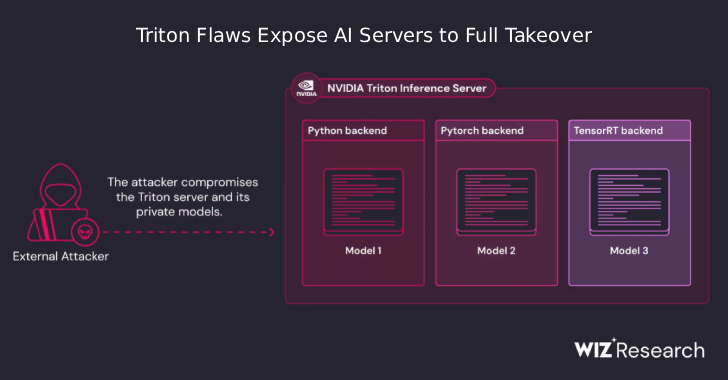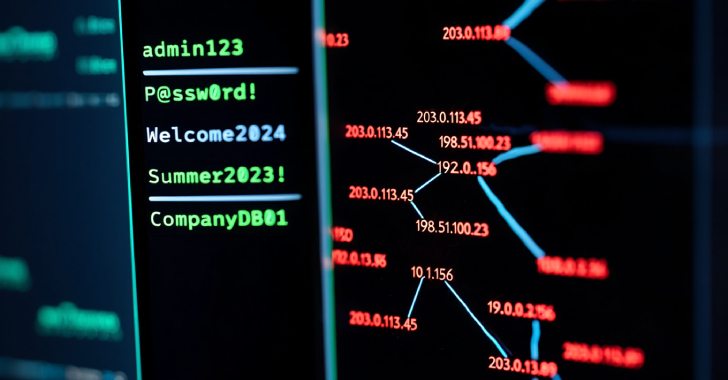
Frequently Asked Questions About Governance, Risk, Compliance (GRC)
When navigating the intricate realms of business and finance, you’ll often encounter the terms Governance, Risk, and Compliance (GRC). These three pillars are crucial for organizations to ensure they run efficiently, lawfully, and safely. If you’re scratching your head wondering what GRC is all about, you’re in the right place. Let’s dive into some frequently asked questions on this topic.
- What is Governance, Risk, and Compliance (GRC)?
Governance: This refers to the processes, rules, and practices by which businesses ensure accountability, fairness, and transparency. It sets the blueprint for a company’s operational direction and ensures that strategic goals are achieved efficiently.
Risk: This pertains to the identification, assessment, and management of potential threats or uncertainties that could hamper a business’s objectives. It helps organizations anticipate and respond to challenges, both internal and external.
Compliance: This deals with the company’s adherence to external regulatory requirements and internal policies. It ensures that businesses don’t step outside the boundaries of laws, regulations, and best practices.
- Why are GRC systems necessary for businesses?
In a volatile global market, businesses must act proactively rather than reactively. GRC systems provide a structured approach to align business activities with goals, manage potential setbacks, and ensure lawful operations. Without a unified GRC framework, organizations may face operational inefficiencies, legal penalties, or reputational damages.
- How are GRC initiatives typically structured in organizations?
Most enterprises adopt an integrated GRC approach, wherein governance, risk management, and compliance activities are intertwined. Such an approach often uses software solutions that facilitate data sharing across departments, ensuring uniform reporting and consistent decision-making.
- Can GRC be applied to both large and small companies?
Absolutely! While the complexity and scope of GRC initiatives might differ, the core principles remain the same. Smaller businesses might not have dedicated GRC teams, but they can still implement basic policies, identify potential risks, and stay compliant with necessary regulations.
- How has technology influenced GRC?
GRC has been revolutionized by technology. With the aid of software platforms, businesses can now automate many compliance processes, run risk simulations, and get real-time insights into governance performance. Furthermore, as cyber risks become prevalent, technology assists companies in ensuring data privacy and protection against breaches.
- What’s the relationship between GRC and corporate culture?
An organization’s culture significantly influences its approach to governance, risk, and compliance. A culture that prioritizes integrity, transparency, and accountability will naturally align with strong GRC principles. Conversely, if an organization’s culture is lax about ethical standards, it might face more significant GRC challenges.
- How do companies typically measure the success of their GRC initiatives?
Success is gauged through various metrics, including:
Operational Efficiency: Reduced overlap between departments, streamlined processes, and increased alignment with business objectives.
Reduced Violations: A decrease in compliance violations or breaches.
Reputational Enhancement: Positive stakeholder perception and increased trust among consumers and investors.
Financial Metrics: Cost savings due to efficient operations, reduced fines, or increased revenue from reputational advantages.
- How do external factors, such as global events or changes in legislation, influence GRC?
GRC is not static. Changes in the external environment, be it regulatory updates, technological innovations, or geopolitical events, can introduce new risks or compliance requirements. Companies need to be agile, frequently updating their GRC strategies to remain aligned with the changing landscape.
- Are there specific industries where GRC is more critical?
While GRC is essential across all sectors, its prominence might vary. Highly regulated industries like finance, healthcare, and energy often have more stringent GRC requirements. However, with the increasing emphasis on data protection and privacy, sectors like IT and e-commerce are also witnessing a surge in GRC activities.
- How can a company get started with setting up a GRC framework?
Setting up a GRC framework is a journey. Companies can start by:
Understanding their industry’s specific requirements and regulations.
Identifying internal and external risks that could impact their objectives.
Establishing clear governance structures with defined roles and responsibilities.
Implementing policies and procedures that guide employees towards compliant behavior.
Investing in technology and training to empower teams with GRC knowledge.
In summary, Governance, Risk, and Compliance are crucial elements for any organization aiming for long-term success and stability. A robust GRC framework not only ensures that a company stays on the right side of the law but also helps in optimizing operations and building trust among stakeholders. As businesses evolve, so do their GRC needs. Therefore, continuous learning, adaptation, and proactive strategies are key to mastering the GRC game.
Contact Cyber Defense Advisors to learn more about our Governance Risk Compliance (GRC) solutions.





